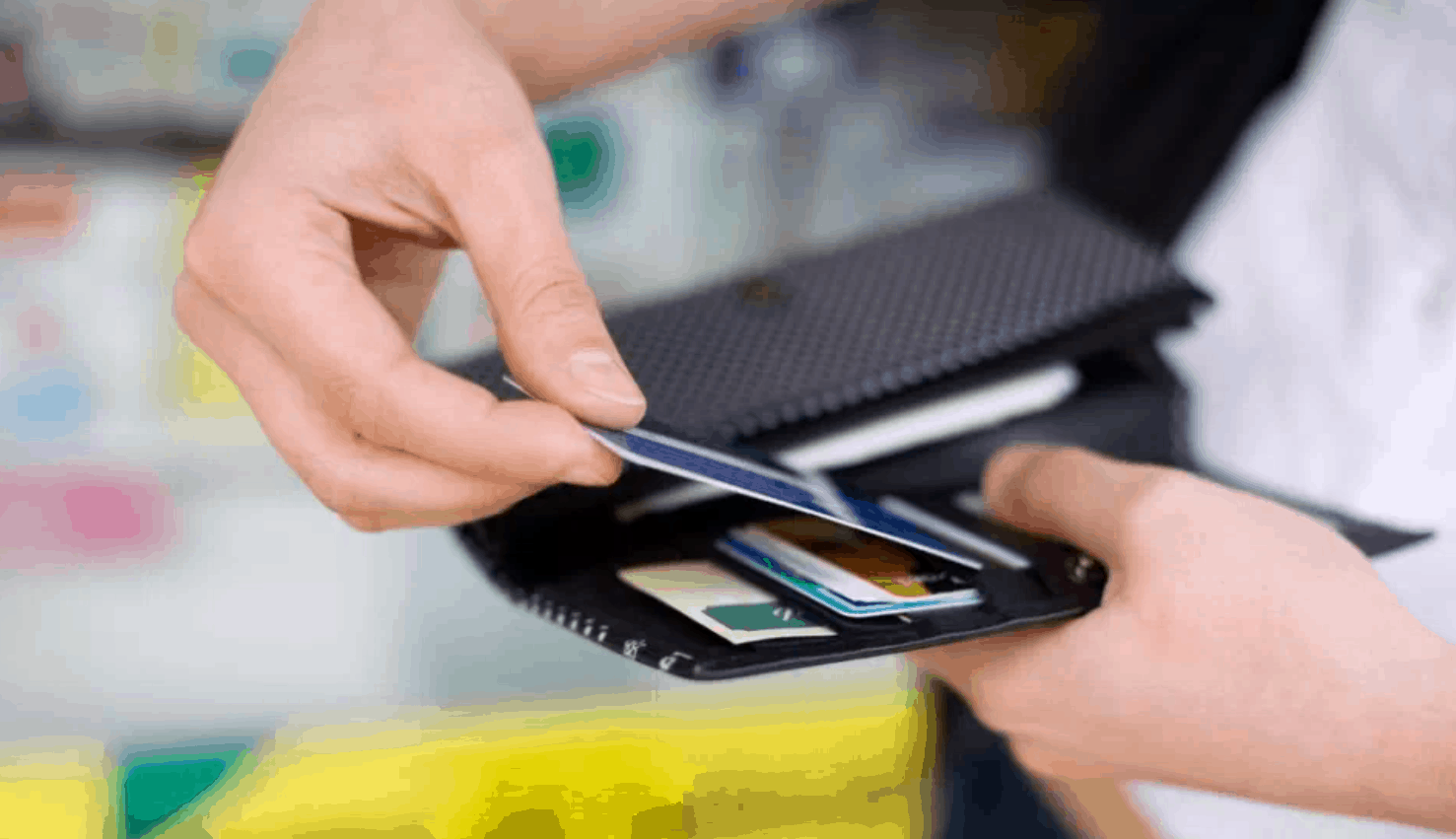Your credit score dictates a lot of your biggest life decisions, from leasing a car to buying a home. While you likely know that those big purchases in life often come with mounting debt and maxed out credit cards that can hurt your credit score in the long run, there’s also one small mistake you could be making without realizing it that could ultimately lower your credit score, too. To make sure you’re not causing yours to drop, read on, and if you’re hoping for another stimulus check to boost your funds, find out How Your Fourth Stimulus Check Would Be Different From the Others.
Not charging anything on your credit card can ultimately hurt your credit score.
It might seem harmless to not put your credit card to use, but the old cliché “use it or lose it” applies here. “Not charging anything to your credit card will result in that card’s inactivity for a long period. Inactivity can lead to account closure,” says former finance consultant and business development consultant Carol Tompkins. And your credit card getting closed “will result in your credit score taking a hit.”
Business expert and founder of Stand with Main Street Charles McMillan also warns that “the credit card company is not required to send you prior notice if your card is being closed due to inactivity.” So if you don’t use your credit card enough, you may end up finding that it has been closed without your knowledge.
A closed credit card will negatively affect your credit score in two ways.
“Your credit score rate is based on two factors: the length of history using credit and your utilization rate,” explains McMillan. Unfortunately, having a credit card closed could negatively affect both aspects of your score.
Personal finance expert and founder of WalletHacks.com Jim Wang says that your average age of accounts “will start going down because the recently closed account will, as part of the calculation, be frozen in time,” until the card is removed from your credit report seven years later.
Additionally, your utilization rate, the amount of available credit you’re using, will go up. According to The Balance, “when a credit card is closed, that credit limit is no longer considered in your credit utilization. So, if you have balances on all your other credit cards, your utilization increases.” This can be problematic since your credit utilization accounts for 30 percent of your credit score. “The total debt is the same, but your utilization going up will make you a riskier borrower,” explains Wang.
Every bank allows credit cards to remain inactive for different lengths before closing them.
When you first get your card, it would be wise to check how long the card can sit inactive before it gets closed. While some credit card companies don’t disclose the amount of time, others lay out the maximum amount of months they will leave a credit card inactive. According to WalletHub, Chase and Capital One will close your account after one year of inactivity, while Wells Fargo will close an account after just six months due to lack of use. These banks will notify you beforehand.
However, after 24 months of inactivity with your Citibank card or just three months of inactivity with a Barclaycard, these banks will close your account without notifying you.
Spend a little on your credit card every month so that your account doesn’t get closed.
You don’t have to spend a ton of money on your credit card to ensure you maintain good credit. Tompkins suggests you “put a small monthly payment on your credit card such as gym membership to keep the account active.” That way, you won’t forget to use it.
“Carrying a small balance, even as little as one percent of utilization, can help boost your score and utilization rate,” suggests personal banker Justin Furniel.

